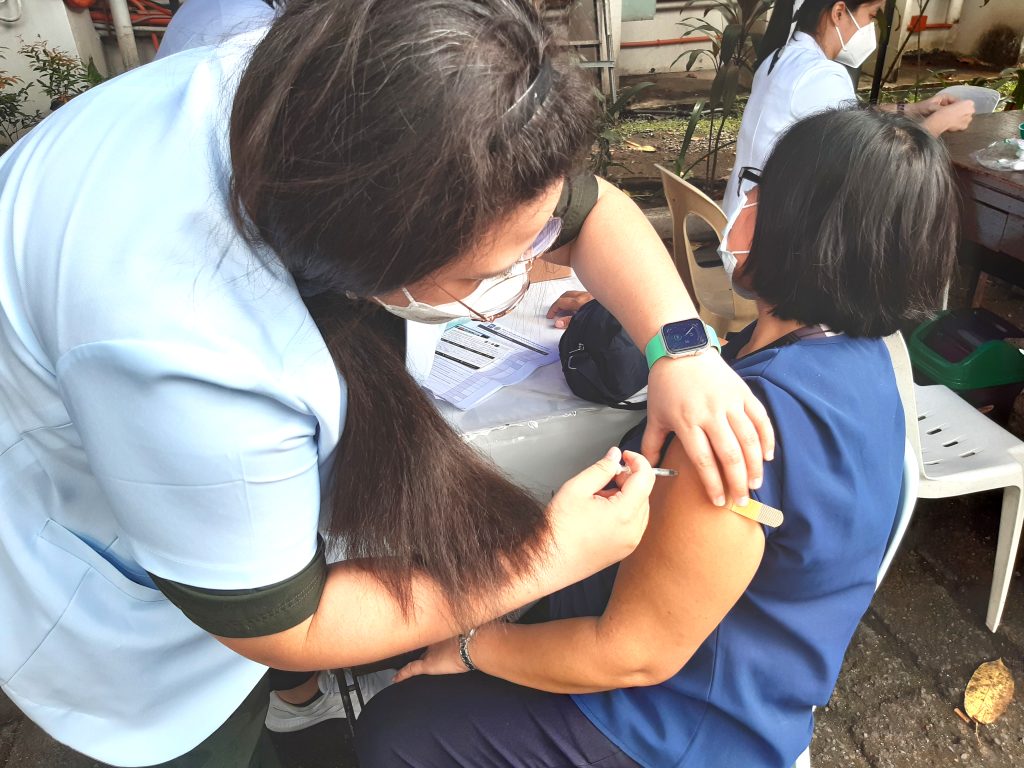News
Only 2% of gov’t-procured vaccines considered wastage

MANILA – A mere 2 percent of the Covid-19 vaccines set to expire in July were procured by the government, according to the Department of Health (DOH) and the National Task Force Against Covid-19 (NTF).
In a joint statement issued Monday night, the wasted shots were due to “supply chain inefficiencies or errors in dose administration,” and are “far less than the 10 percent indicative wastage rate used by the World Health Organization in the planning and forecasting of vaccine supply needs”.
As of April 2, the Philippines has received 244,657,960 doses, with 142,489,795 doses already administered and 27 million expiring in three months.
“The national government, local government units, and the private sector all placed orders for vaccines. Most of the doses that will expire by July 2022 were either donated by other countries or procured by local governments and the private sector. No one could guarantee for certain that manufacturers could deliver at the scale and schedule our people required,” the statement read.
As of April 3, more than 66 million Filipinos have received two primary series of Covid-19 vaccines.
An added challenge is encouraging the fully vaccinated, especially those with comorbidities and senior citizens, to get booster shots.
So far, only 12 million of the 66 million have availed of the additional shots.
“And we are not about to rest. The whole of government and whole of society are unfazed. Vaccination rollout continues even as the characteristics of population demand have changed,” they said.
Health workers and volunteers are now going house-to-house and stall-to-stall as well as making Covid-19 vaccines more accessible in pharmacies, clinics, workplaces, and places of worship.
“We are also giving jabs at water, air, and land transportation terminals, and even schools,” they said.
Further, the DOH and NTF said they are “working with manufacturers to extend the shelflife of vaccines based on updated scientific data such as updated stability studies”.
“We will also continue and even intensify or innovate in the measures meant to increase coverage of both the primary series and booster doses, and where needed, recommend that the Philippines donate excess yet viable doses as an international act of goodwill,” they added.





















